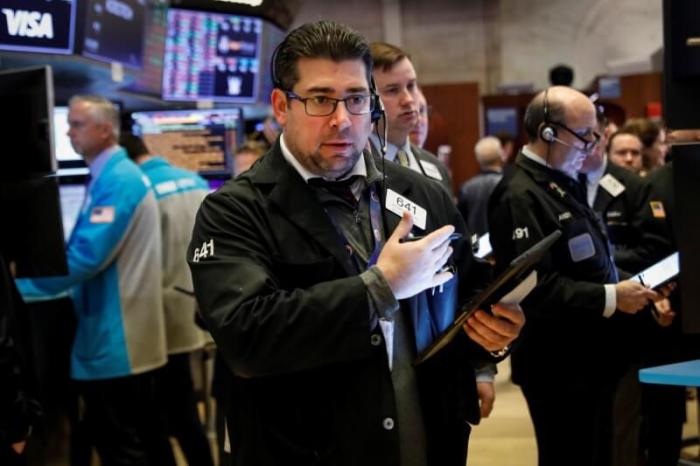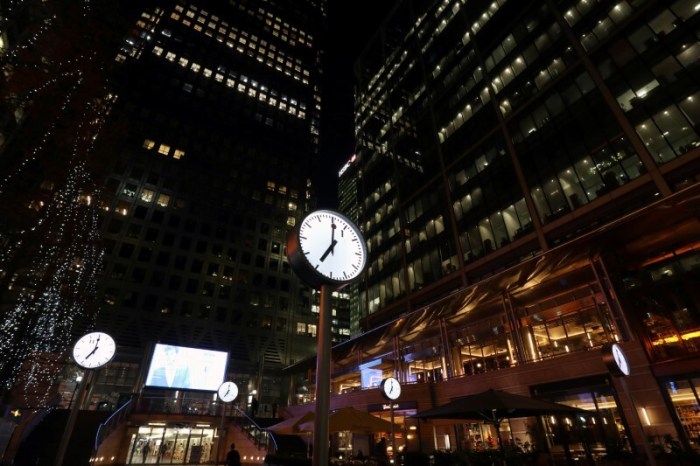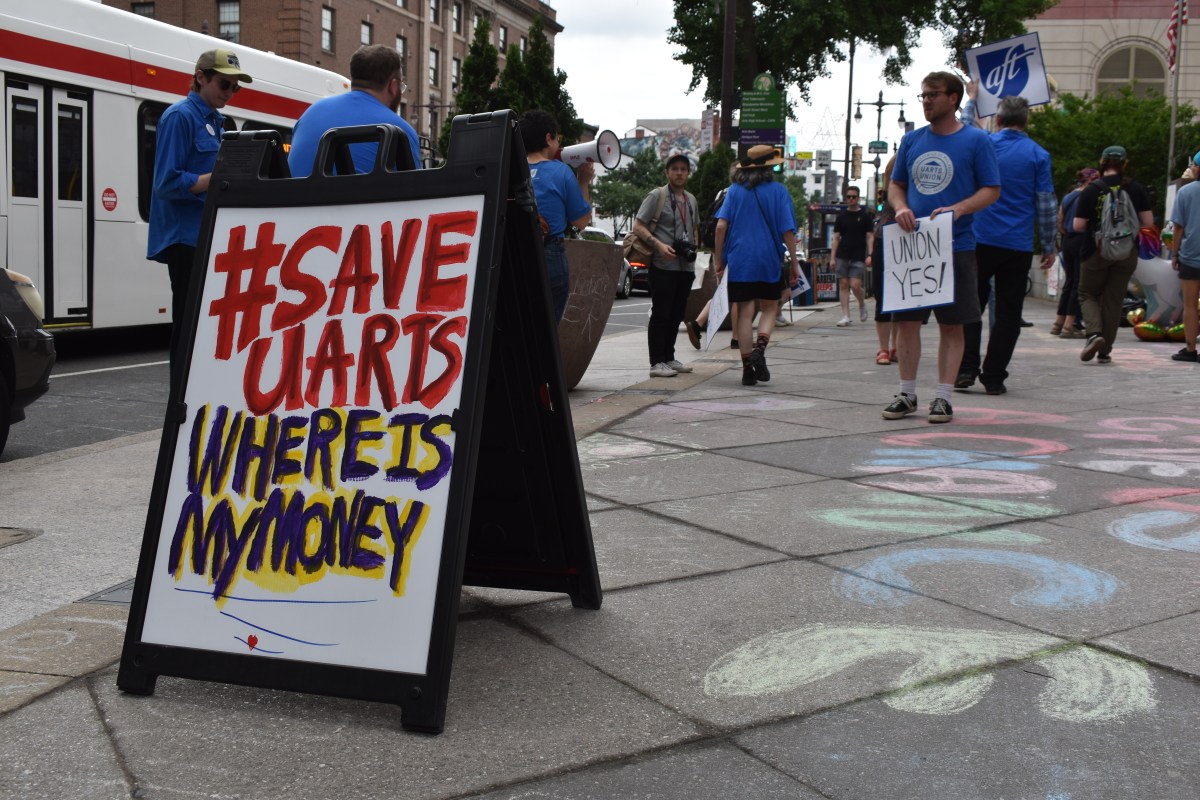By Tom Westbrook
SINGAPORE (Reuters) – Trading volume has surged for Asian fixed income desks this week, major banks say, as the fast spread of the coronavirus around the world prompts investors to dump equities for the safety of bonds.
Deutsche Bank told Reuters that Asia-Pacific credit trading volumes spiked more than 50% this week, while Citi Australia said it had seen a 208% rise in year-on-year investment-grade credit transactions through 2020 so far.
Neither bank provided dollar figures or further details. Yet the surge illustrates the speed and breadth of investors’ rush into the safer end of fixed-income markets, and offers banks a much needed boost after a long spell of low volatility and lackluster volumes squeezed profits.
“There’s market opportunities for investors in this environment,” said Vishal Goenka, Deutsche Bank’s head of credit sales for Asia Pacific.
Asia’s sovereign bonds are in heavy demand, despite recent wild volatility – which saw the yield on benchmark U.S. 10-year Treasuries plunged the most in eight years, followed days later by the sharpest rise in 11.5 years.
Yields, which fall when prices rise, have touched record lows this week for 10-year paper issued by Thailand, Singapore, and Australia and on shorter-dated bonds in South Korea.
Some investment grade corporate credit has also held up so far, while junk bonds have crumbled, especially in the energy sector after oil prices collapsed on Monday.
“This year has been phenomenal because the markets are in additional stress because of the coronavirus,” said Mahjabeen Zaman, senior investment specialist at Citi Australia’s retail bank, which trades only investment-grade corporate bonds.
Zaman cited names such as Australian grocer Coles Group Ltd and Dubai’s Emirates NBD bank as popular recent issues.
To be sure, the yield on debt for both names, maturing in 2029 and 2030 respectively, has risen this week along with recent volatility.
Yet both bonds are trading at prices above par, and Coles’ yield has fallen 47.6 basis points this year to 2.348% “With prices in the bond market a little bit irrational, because spreads are moving very swiftly right now…(clients) are taking full advantage of these anomalies to lock in fixed yields of, let’s say, 2.5% to 3%,” Zaman said. Other expect flows to continue while virus fears abound.
“I don’t think it’s just tactical opportunistic buying. I think there’s a lot of demand that is still looking for any yield, frankly,” said Ross Dilkes, portfolio manager for Pan-Asia fixed income at UBS in Singapore. “There’s also clearly more uncertainty now on the outlook, and so some of that positioning in rate products is to try to be defensive against other risky asset classes.”
(Reporting by Tom Westbrook; Editing by Kim Coghill)

























